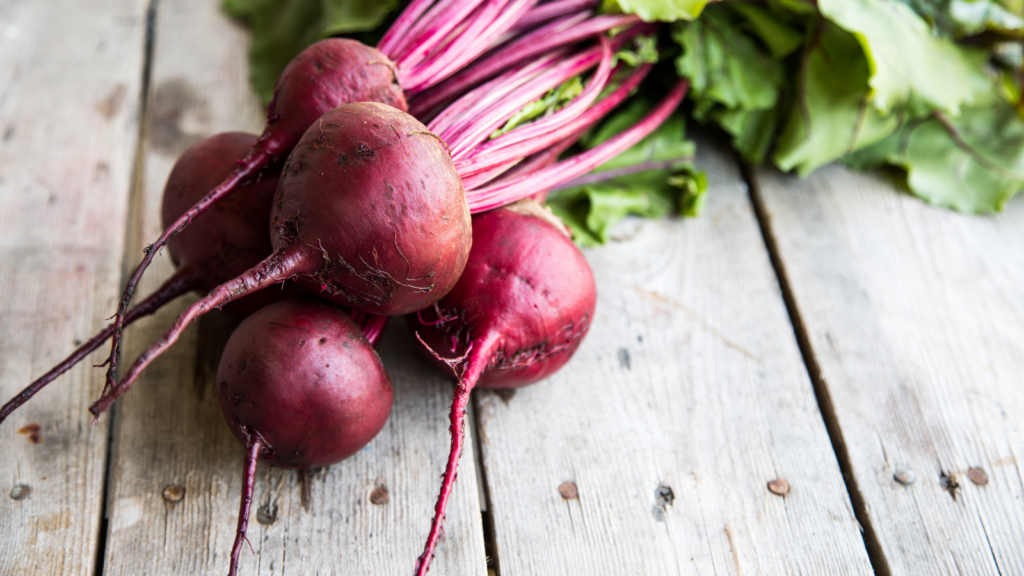Root vegetables like carrots, parsnips, sweet potatoes, and beets are some of the most nutrient-dense and versatile ingredients available. But did you know they’re especially beneficial during the colder months? Here’s why you should make root vegetables a staple in your winter diet.
Why Root Vegetables Are Perfect for Winter
1. They’re In-Season
Root vegetables are naturally in season during autumn and winter. They grow underground, which means they’re able to survive and thrive in cooler temperatures.
Eating in-season produce ensures you’re getting vegetables at their peak freshness and flavour, with higher nutrient content than out-of-season varieties.
2. They Provide Comforting Warmth
In winter, our bodies crave warming, hearty foods. Root vegetables, when roasted, mashed, or added to stews, provide that much-needed comfort.
Their dense, starchy texture and slightly sweet flavour make them perfect for cold-weather meals that nourish and satisfy.
3. Rich in Nutrients
Root vegetables are packed with essential nutrients that support overall health, especially in winter when our immune systems need extra support. They’re high in:
- Vitamin A: Sweet potatoes and carrots are excellent sources of vitamin A, which supports eye health and boosts the immune system.
- Fibre: Root vegetables like parsnips and beets are rich in fibre, which aids digestion and helps regulate blood sugar levels.
- Potassium: Potatoes and beets provide a good dose of potassium, which helps maintain healthy blood pressure levels.
4. Long Shelf Life
Unlike more delicate vegetables, root vegetables have a long shelf life, making them a practical option for winter.
They can be stored in a cool, dark place for weeks or even months, providing a reliable source of nutrition when other fresh produce may be harder to come by.
How to Incorporate Root Vegetables into Your Winter Diet
- Roasting: Roasting root vegetables brings out their natural sweetness and creates a crispy exterior. Toss them in olive oil and herbs, then roast at 200°C (400°F) for 30-40 minutes.
- Soups and Stews: Add chopped root vegetables to soups and stews for a filling, nutrient-rich meal.
- Mash: Swap out mashed potatoes for a mix of mashed sweet potatoes, parsnips, or carrots for a healthier alternative with more flavour.
Conclusion: A Winter Staple
Root vegetables are a perfect addition to your winter meals, providing warmth, nutrition, and versatility. Whether you roast them, mash them, or add them to hearty stews, these seasonal gems will help you stay nourished and satisfied all winter long.







